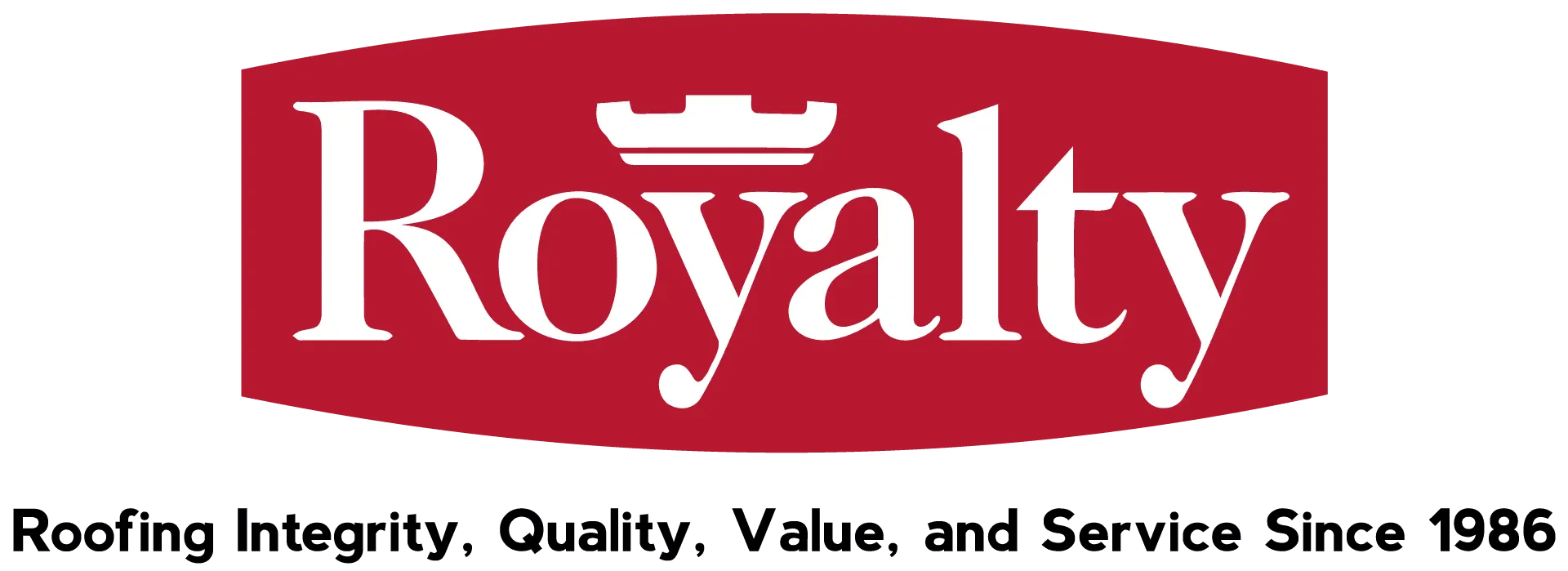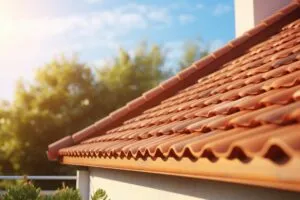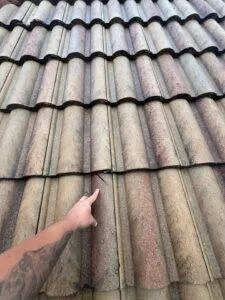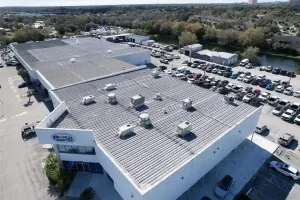How Florida’s Humid Climate Affects Your Roof
Florida is known for its sunshine, but it’s also infamous for its high humidity, especially in the summer months. While the humid climate can be great for lush landscapes, it can cause significant wear and tear on your roof. Understanding how humidity impacts roofing materials is essential for maintaining a durable and long-lasting roof. Here’s what you need to know about how Florida’s humid climate can affect your roof and how to protect it.
1. Moisture Buildup and Algae Growth
One of the most common issues Florida homeowners face is the growth of algae, mold, and mildew on their roofs due to moisture buildup. Humidity creates the perfect environment for these organisms to thrive, especially in shaded or damp areas. Over time, algae can stain your roof, making it appear dirty and worn, while mold and mildew can eat away at roofing materials, leading to early deterioration.
*Prevention Tips:
– Choose roofing materials that are resistant to algae, such as algae-resistant shingles.
– Schedule regular cleanings or treatments to remove mold and algae before they spread.
– Consider installing zinc or copper strips along your roof to prevent growth.
2. Roof Rot and Wood Damage
Excess moisture caused by constant humidity can seep into roofing materials, especially in areas with poor ventilation. Wooden components of your roof, such as decking and trusses, are particularly vulnerable to rot when exposed to prolonged dampness. Over time, this can weaken your roof’s structural integrity, leading to costly repairs or replacements.
Prevention Tips:
– Ensure your roof has proper ventilation to allow moisture to escape.
– Regularly inspect and maintain your roof, especially after heavy rainstorms.
– Use treated wood and moisture-resistant materials for your roof’s underlayment.
3. Shingle Deterioration
Asphalt shingles are a popular roofing choice in Florida, but the high levels of humidity can cause them to deteriorate more quickly. Moisture can penetrate the shingles, causing them to warp, crack, or lose their granules. This not only reduces your roof’s lifespan but also makes it less effective at protecting your home from the elements.
Prevention Tips:
– Inspect your roof annually and after storms for any signs of shingle damage.
– Opt for high-quality, moisture-resistant shingles that are specifically designed for humid climates.
– Make sure your attic is properly ventilated to reduce the buildup of heat and moisture that can speed up deterioration.
4. Corrosion of Metal Components
Florida’s humidity can also cause metal components of your roof, such as flashing, nails, and gutters, to corrode over time. When these components weaken, they can compromise the overall structure of your roof, leading to leaks and other issues. Coastal areas are particularly vulnerable to corrosion due to the combination of humidity and salt air.
Prevention Tips:
– Use corrosion-resistant materials like stainless steel or galvanized metal for roofing components.
– Regularly inspect metal flashing and gutters for signs of rust or corrosion and replace them as needed.
5. Condensation and Insulation Issues
High humidity levels can also lead to condensation problems in your attic or under your roof. When warm, humid air enters your attic and meets cooler surfaces, it can form condensation. Over time, this can lead to moisture buildup, compromising insulation and increasing the risk of mold growth inside your home.
Prevention Tips:
– Ensure your attic has proper insulation to prevent warm air from entering.
– Install moisture barriers in your attic to prevent condensation from forming.
– Make sure your attic has enough ventilation to allow humid air to escape.
Florida’s humid climate poses several challenges for homeowners, but regular maintenance and proper roofing materials can help combat the effects of moisture. Investing in algae-resistant shingles, moisture-resistant underlayment, and corrosion-resistant metal components can extend the life of your roof. Don’t forget to schedule routine inspections, especially after storms, to catch potential issues before they become serious.
By understanding how Florida’s humidity affects your roof, you can take the necessary steps to protect your home and avoid costly repairs down the line.
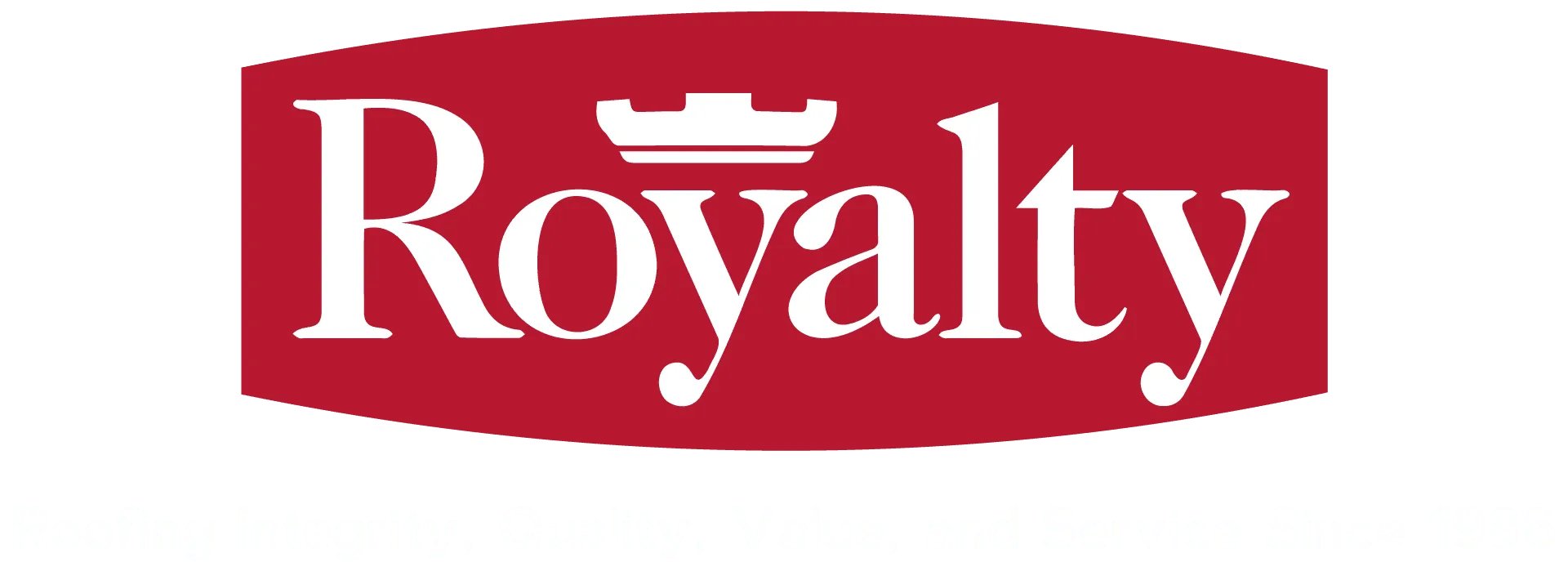
-
Licensed & Insured
Certified Roofing Contractor CCC1327861
Phone
Location
6420 Topaz Ct, Fort Myers Florida 33966
Copyright © Royalty Roofing 2023. All Right Reserved.
